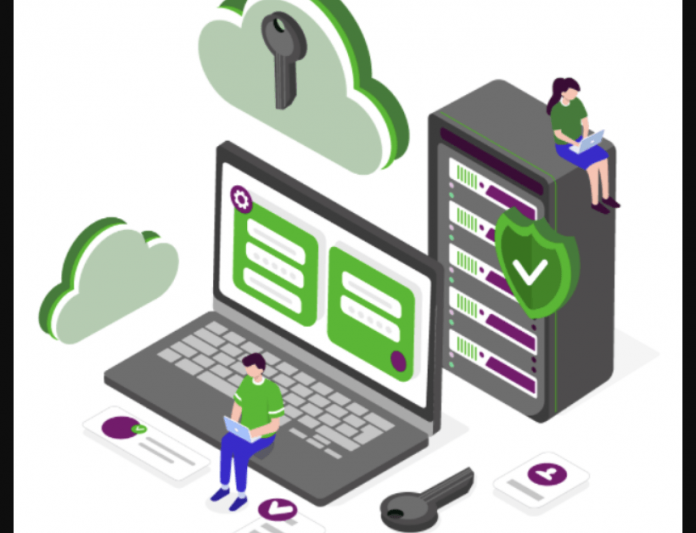A certificate path validation is a process used to check the validity of a digital certificate. This is done by verifying the certificate’s chain of trust, which starts with the issuing authority and ends with the root authority. By demonstrating the chain of faith, you can be sure that the certificate was issued by a trusted authority and is valid. This blog post will discuss how certificate path validation works and why it is vital for your business.
What Is PKI Validation?
What is PKI validation? Validation involves using digital certificates to verify the identity of a user or entity. To be issued a digital certificate, an individual or organization must first undergo a Certification Authority (CA) ‘s vetting process. This process typically includes providing documentation that verifies the applicant’s identity and proving that they have control over the domain name or email address that will be used with the certificate.
Once issued, the certificate can be used to encrypt communication, digitally sign documents, or log in to websites and other online services. PKI validation is an important security measure that helps to ensure that only authorized individuals and organizations can access sensitive information.
How To Validate A Certificate
There are a few different ways that you can validate a certificate. One way is to check the Certificate Transparency logs. These logs are public databases that contain information about every SSL/TLS certificate that has been issued. You can use the logs to verify that a particular certificate has been issued by a trusted CA and has not been revoked.
Another way to validate a certificate is to check the website’s OCSP (Online Certificate Status Protocol) stapling status. OCSP stapling is a security feature that allows browsers to check the revocation status of a website’s SSL/TLS certificate without contacting the CA directly. You will need to install an add-on or plugin for your browser, such as certificate status checkers.
Why Is Certificate Path Validation Important?
Certificate path validation is essential because it helps to ensure that the certificate you are using is valid and has not been tampered with. By checking the chain of trust, you can be sure that a trusted authority issued the certificate. Additionally, by verifying the OCSP stapling status of a website, you can be sure that the site’s SSL/TLS certificate has not been revoked.
Businesses should use a CPV system to help protect their data and communication from being intercepted by unauthorized individuals. Additionally, CPV can help to ensure compliance with industry regulations such as PCI DSS and HIPAA.
Determining If Your Business Needs A CPV System
There are a few factors that you should consider when determining if your business needs a CPV system. First, you should consider the type of information that your company handles. If you deal with sensitive customer data or financial information, you will need to have a way to validate the certificates used to access this data. Additionally, you should consider the size and scope of your business. If you have multiple locations or employees, then you will need to have a way to manage and distribute digital certificates.
Finally, you should consider the security risks associated with not using a CPV system. Without certificate path validation, your business is at risk of data breaches and other cyber security threats.
Risks Associated With Using A CPV System
There are a few risks associated with using a CPV system. First, if you do not correctly configure your system, then it may be possible for someone to spoof your certificate and gain access to your data. Additionally, if you lose your private key, you will not be able to access your data. Finally, if you use a self-signed certificate, you will need to validate the certificate each time it is operated manually.
Conclusion
Certificate path validation is an important security measure that helps to ensure that only authorized individuals and organizations can access sensitive information. CPV can help to prevent data breaches and other cyber security threats. When determining if your business needs a CPV system, you should consider the type of information that your business handles, the size and scope of your business, and the security risks associated with not using a CPV system.








